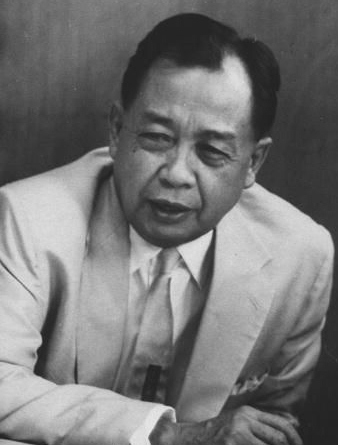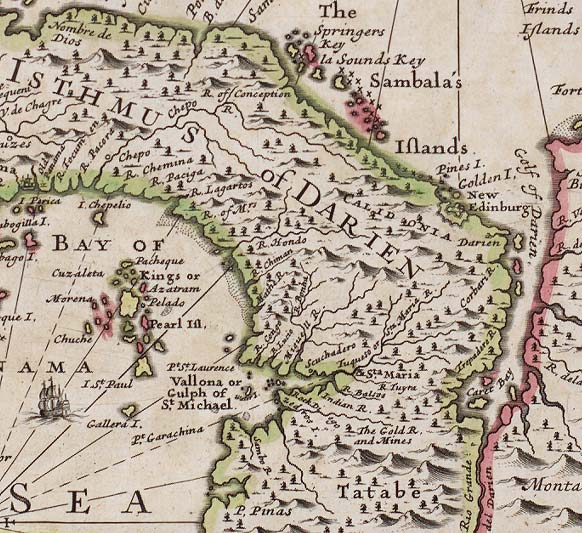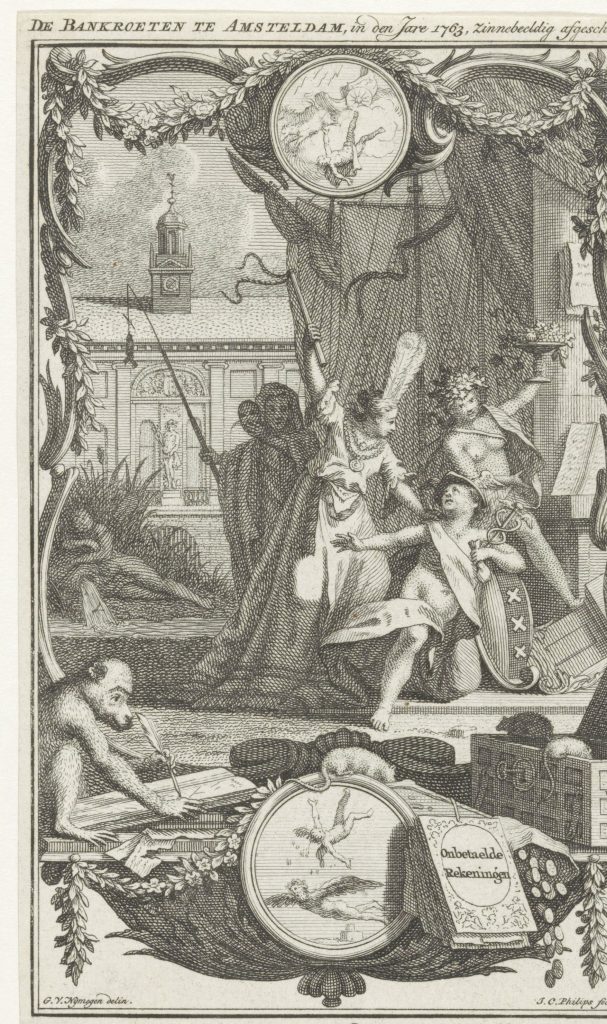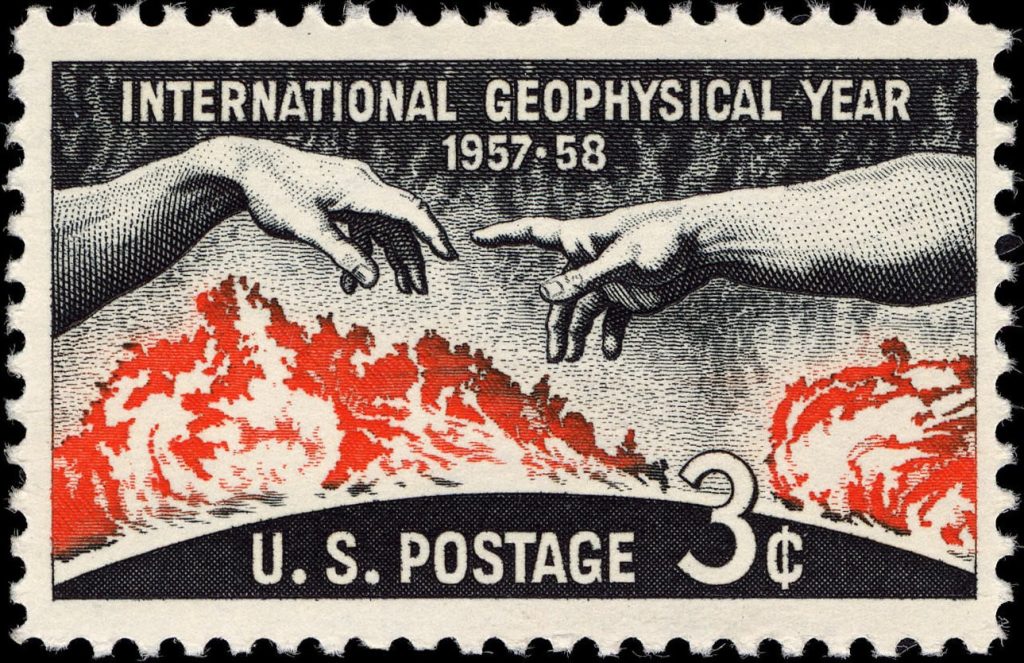By Bondita Baruah The catastrophic Partition of India in 1947 directed the trajectory of modern Indian history, dividing the country on religious lines, Hindus and Sikhs being assigned India while Muslims were granted Pakistan and East Pakistan (now Bangladesh). The exodus of twelve million people that moved in between the newly built borders led to […]
Posts
By Claire C. Arnold In April of 1888 Herbert Gibson made a momentous decision. Writing in his personal diary, he switched from writing in English to writing in Spanish to declare that after seven years in Argentina he had “ceased to be Scottish” and “adopted a new country.” [1] Over the following years, the newly […]
Thinking about the media, colonialization, nation-building discourses and their impact on the reconstruction of the precolonial past in Southern Central America. By Marie Kolbenstetter The Gulf of …what? Fair enough – it is not the biggest of Gulfs, and if you have never been to this neck of the woods, or if your research doesn’t have […]
By Adrian J. Browne In the world of party schools for political education in inter-war Britain, one of the most dedicated participants was a middle-aged Indian intellectual advancing a very particular agenda. The political pedagogue in question was one of Bengal’s wealthiest land magnates, Sir Bijay Chand Mahtab, the Maharajadhiraja Bahadur of Burdwan. He was […]
By Luis Zuriel P. Domingo Recently, the Filipino government’s Congress started its plenary deliberations proposing amendments in what they call the “restrictive” economic provisions of the current 1987 Constitution. President Duterte and his close allies in Congress wish to empower the government through freedom to adopt such measures that will pave way for economic development. […]
By Xiang Wei In a letter to his mother dated 2 February 1700, Alexander Shields (1659/60–1700), a Covenanting Church of Scotland minister, described the Darien colony (Panama) as ‘a remote, but very pleasant Land, and one of the most fruitful spots of the Earth, where God reigns’. The promising picture of ‘the Rising Sun in […]
By Mattia Steardo Fernand Braudel famously argued that the economy was a tripartite system, in which capitalism was forming the upper layer, the world of rich merchants and bankers well-acquainted with political power. Hence, the central question related to the advent of modern economies was to understand how and when the “capitalist sector”, the one […]
By Patrick van der Geest. @ideesdupasse The credit crisis of 1772-1773 is perhaps the least known financial crisis of the eighteenth century. It took place between two infamous events: the banking crisis of 1763 and the economic turmoil of the American Revolutionary War. Yet it is just as, if not more, historically significant, because it […]
By Parul Srivastava “…but I am not an important person, why do you want to record my experience? Who will want to listen to my experience when my children have never cared to ask me about how I came to India from Karachi, Pakistan…”?[1] – An interviewee’s words when I explained why I wanted to […]
By Isha Sharma The ongoing ecological crisis, mainly in the form of climate change presents two crucial challenges for global public policy: to enable cooperation among countries to deal with its impacts and to bring about a global shift towards sustainable development. Both challenges arise from the acknowledgment of climate change as an issue that […]









